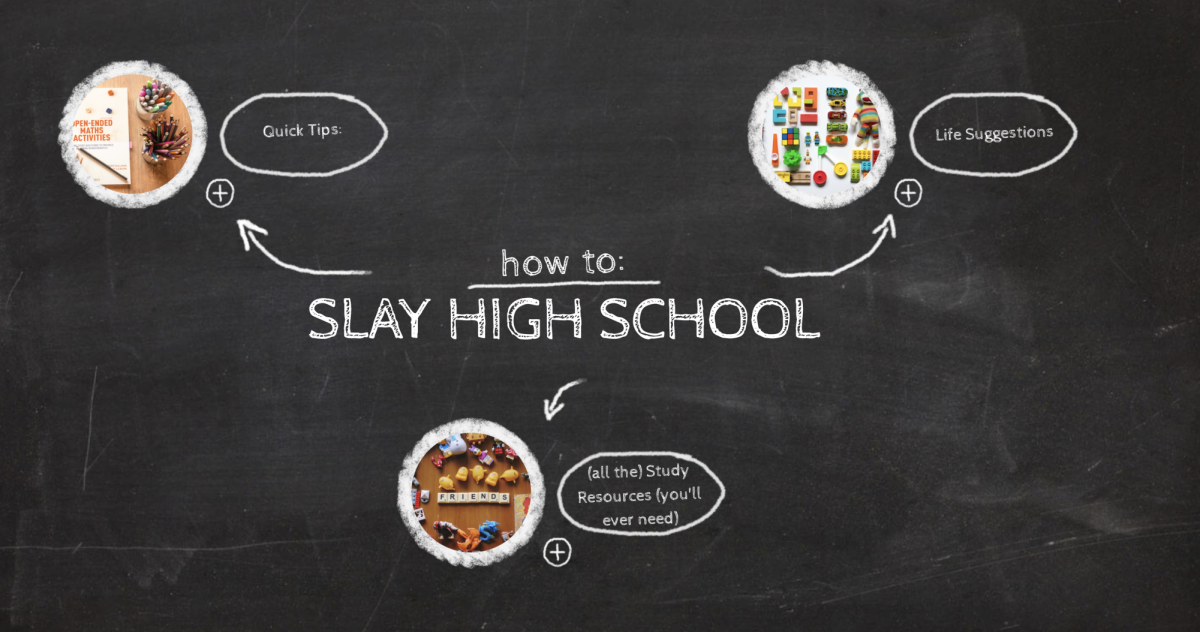For a lot of the world’s history, literacy was for the elite minority. Until just a few hundred years ago, reading was a foreign concept to much of the population.
But that has changed, for reasons varying from the growth of public education to the globalization of the economy. An article from “Our World in Data” by Max Roser and Esteban Ortiz-Ospina states that “While only 12 percent of the people in the world could read and write in 1820, today the share has reversed: only 17 percent of the world population remains illiterate.”
Widespread literacy is one of the defining factors of the modern world. But it’s become such a common concept that we have begun to take it for granted. We read every day, from notes on the whiteboard to social media posts. But we tend to complain about tedious textbook readings and are more likely to skip over online text that is longer than a few pages.
You’re reading a newspaper right now! You’ve made it to the third paragraph! You are, at this very moment, proving this argument wrong. The irony seeps through the pages. But this is good thing. We need to start reading, truly reading. And to do so we must foster a love of reading.
For one thing, people who read lots and often — whether it’s novels, magazines, or facebook articles — communicate more effectively. In terms of writing, one may consciously pick up certain styles or get ideas about topics and themes. But the less obvious and possibly more important improvement comes in the form of grammar, spelling and punctuation.
I bet you just rolled your eyes, probably thinking about long lists of spelling words, or days spent in class struggling to stay awake while the teacher droned on and on about the proper use of a comma.
It is almost inarguable that this is a terrible way to learn about the mechanics of writing. Yet these minor details can make the difference between a well-written essay and a poorly-written one, regardless of your subject matter; it is difficult to take anything seriously once you start to notice missteaks.
Sometimes they take away from comprehension, making it harder for the reader to understand your ideas — making it harder for you to express the important things you have to say.
When you read a lot, mechanics begin to come naturally; it’s easier to just know where a comma goes, or how the word “mistake” is supposed to be spelled rather than having to painstakingly stuff the information into your head.
This carries over to speaking, too. For one thing, an interviewer or boss will take you more seriously if you speak with smooth grammar.
Reading also makes it more likely for you to encounter common phrases, jargon and references, which will help you understand conversations with people you don’t normally speak to.
Finally, if you read interesting things, you will always have something to talk about with new people. Reading gives you ideas, clever puns and conversation-starters that can help you out if you’re stuck in awkward silence.
We should all read more. When we fill our time with paragraphs rather than pictures, verses rather than videos, we are better able to express ourselves in words. We live in an era of literacy — let’s love it.
Categories:
If you read this, you’ll prove me wrong: we need to appreciate literacy because reading aids in expression
Kayla Benjamin
•
December 9, 2016
Story continues below advertisement
0
Donate to Corral
$200
$500
Contributed
Our Goal
Your donation will support the student journalists of Parkway Central High School. Your contribution will allow us to cover our annual website hosting costs.


